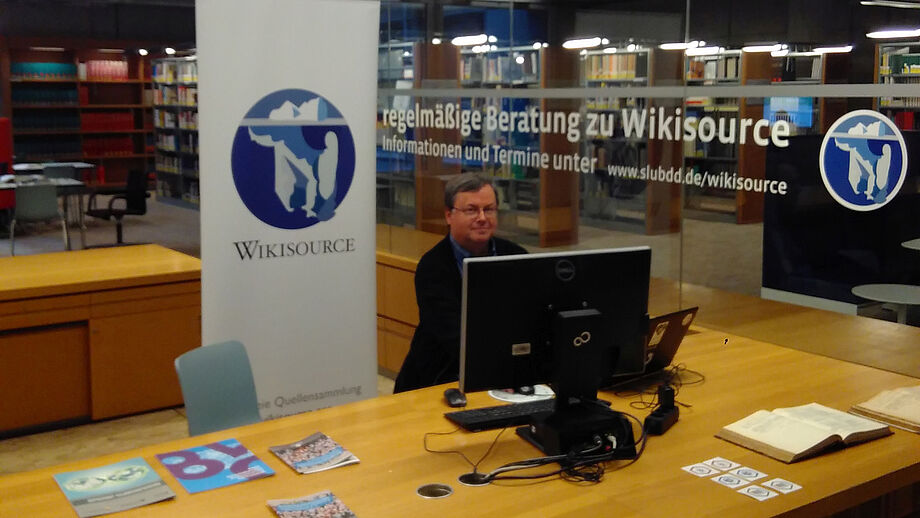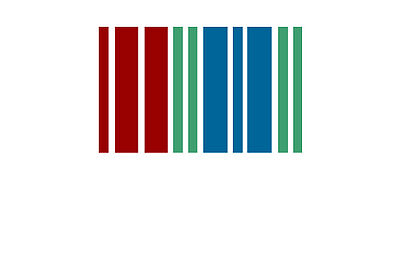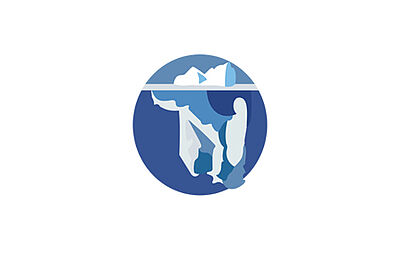Wikiversum
The free encyclopedia Wikipedia is probably the best-known project of the so-called Wikiverse. But this offers much more: We introduce Wikidata and Wikisource and show you how you can use the projects in many ways or participate in them yourself.
Behind projects such as Wikipedia, Wikidata, Wikisource, Wikivoyage, Wiktionary and others is the non-profit company Wikimedia, which promotes free access to knowledge and education. This means that everyone can participate, use the content and add their own content. There are many interesting opportunities for this.
Wikidata
Wikidata is a free and open knowledge database that can be read and edited by both humans and machines. It serves as a central repository for structured data of the Wikiverse. Structured data is content that is available in a standardised format so that it can be found more easily by search engines. Wikidata thus also provides support for many other websites and services beyond Wikimedia projects.
Wikidata's query service allows you to make a variety of queries on local and regional studies. Suggestions can be found on the Wikidata topic page in the Stadtwiki Dresden.
Advice on Wikidata
If you would like to get to know the possibilities of Wikidata, the project team of #DieDatenlaube will be happy to help you - for example, every Tuesday from 8.30 am at the DatenlaubeJam.
Getting started with Wikidata
- Claudia Müller-Birn: How can I use Wikidata for my research?
- GitHub: Wikidata workshop, FU Berlin, 2018
- Wikiversity: Wikidata manual, March 2021
- Christian Erlinger, Jens Bemme: Linked Open Data, University of Potsdam, May 2021
Example applications
- Special query Nearby, "Places in your neighbourhood
- Wikidata:1Lib1Nearby, See: German Wikiversity project
Wikisource
Wikisource gathers text sources that are either in the public domain or under a free licence. The aim of Wikisource is to present these as electronic texts (e-texts) in a scientifically usable form. Wikisource supports quality assurance because recorded texts can be compared with scans of the source. All data in Wikisource projects can be easily searched for, indexed and subsequently visualised using Wikidata.
Advice on Wikisource

Andreas Wagner is Wikisource admin in Dresden and regularly offers you free advice on working with the project at SLUB. A page of the information stand at SLUB is also being created in Wikisource, you can also find out more there. He explains his intention:
"Our Wikisource stand is located in the SLUB because the project is one of the next processing stages for the digitised books and writings produced here (and in other libraries). This digitisation greatly simplifies access to the originals and thus makes them available to the general public without barriers. The sources can be viewed with any smartphone, and Wikisource helps with this. The project arranges the digitised material from various libraries, brings it together and prepares it through transcriptions. Thus, the transfer of the old Fraktur texts into the modern Antiqua script considerably facilitates readability and indexing, for example, the search via search engines such as Google.
At the regularly staffed information stand at the SLUB, you can learn about the basics and the results of Wikisource. Furthermore, we inform about the working methods and the possibilities of voluntary cooperation. This can consist of researching freely accessible sources on the internet and registering them with Wikisource or transcribing books and manuscripts. The value of such cooperation is usually expressed in two ways: externally in an enrichment of the Wikisource offer, and internally as a permanently meaningful, satisfying and educational activity in a restless and fast-moving world."
For individual advice, you are also welcome to send us an email:
Jens Bemme Staff member in the Saxonica and Map Collection Department Tel.: +49 351 4677-108 E-mail: citizen-science@slub-dresden.de


